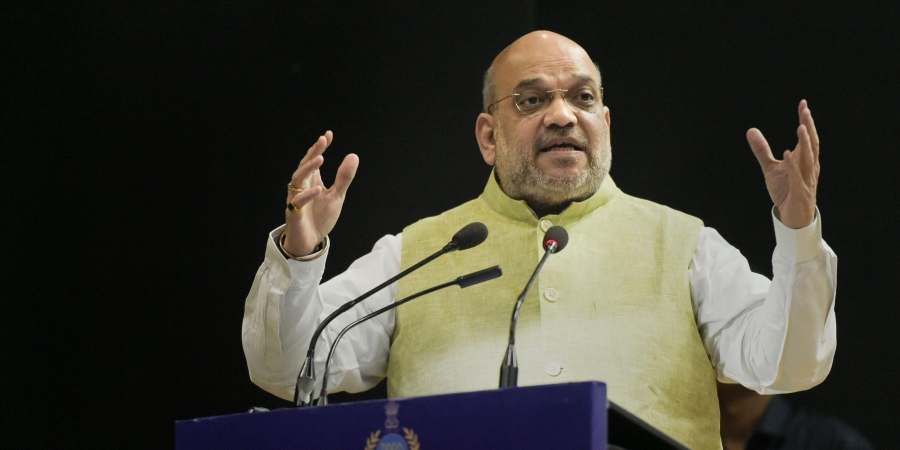As Maharashtra gears up for assembly elections next month, Shiv Sena attacked the BJP saying that the party would not have won over 300 seats in the Lok Sabha polls had it not made the Pulwama terror attack an election issue.
“BJP made the Pulwama terror attack and Balakot airstrike election issues (in the Lok Sabha polls). Could the BJP have crossed 300 Lok Sabha seat-mark if the Pulwama attack would not have happened?” Shiv Sena said in its mouthpiece Saamna.
The two allies have been facing intense negotiation tiff on seat-sharing and a consensus is still pending on how many constituencies each of them will contest.
“Maharashtra is a big state. The sharing of 288 seats is a bigger exercise than India-Pakistan partition. Had we sat in Opposition instead of being in government the picture today would have been different,” Shiv Sena leader Sanjay Raut had told media.
Maharashtra has 288 Assembly seats, of which the BJP won 122 and the Sena 63 in the 2014 state polls, which they fought separately. The BJP and Shiv Sena contested 2014 state assembly elections separately. However, they joined hands to form the government after the elections as none of them was able to secure the majority on its own.
Meanwhile, amid all the drama, BJP President Amit Shah has cancelled his trip to Mumbai that was slated to happen on September 26. The move comes after there has been a delay in the seat-sharing agreement between the ruling party and the Shiv Sena. Shah, during his visit, was expected to announce the BJP-Shiv Sena tie-up for the crucial polls.
Earlier in the day, state BJP president Chandrakant Patil had said the seat-sharing deal between the saffron parties will be announced by Chief Minister Devendra Fadnavis and Sena president Uddhav Thackeray who are discussing its contours with Shah.
The Shiv Sena has maintained the seat-sharing formula was decided during the Lok Sabha elections, where the two parties had a pre-poll alliance. According to the Uddhav Thackeray-led party, this meant equal distribution of seats and sharing of the chief minister’s post for two-and-a-half years each.





